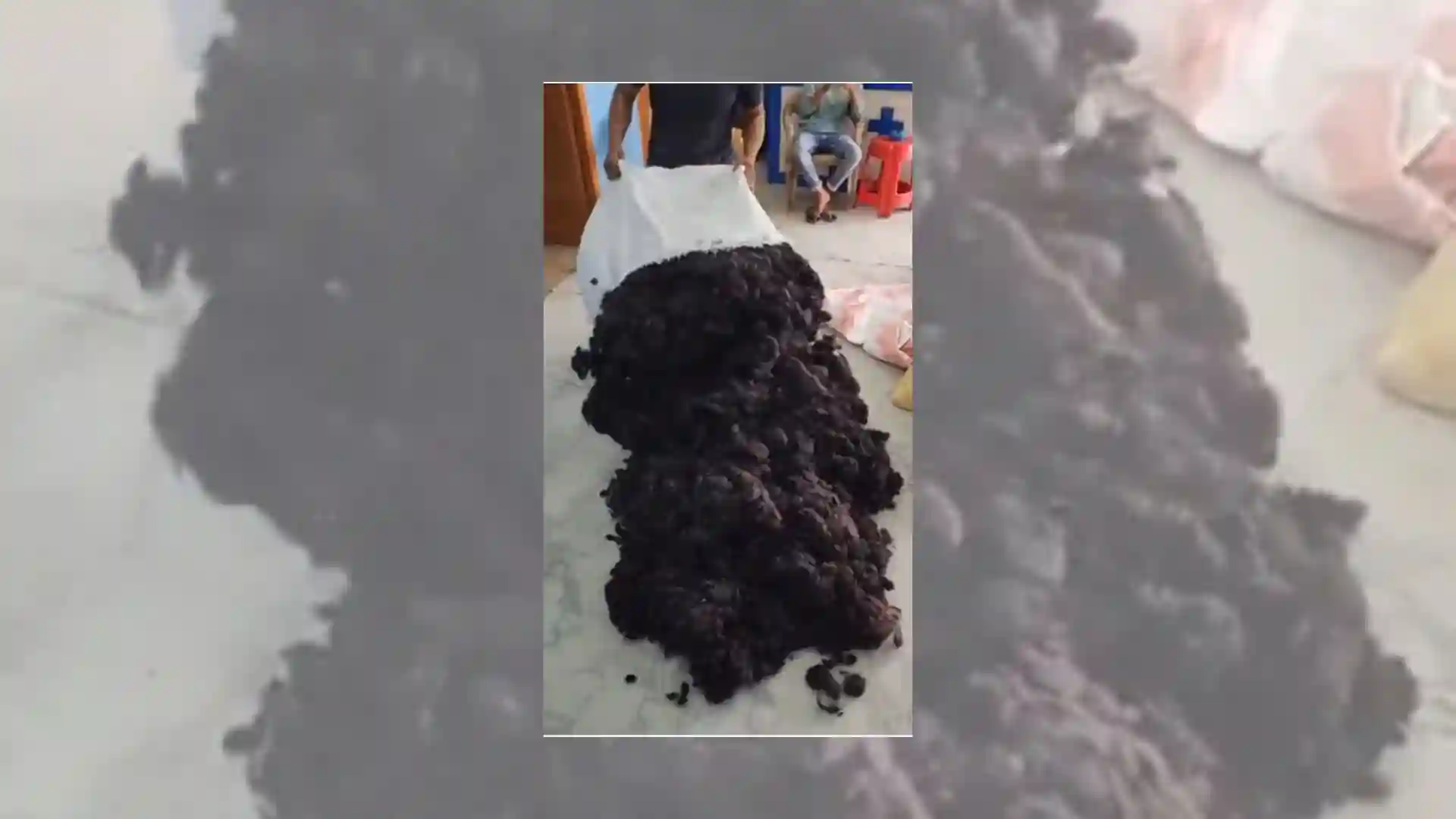Brazil and India are major exporters of human hair, and hair extensions and wigs made from human hair are commonly sold in various markets, including African markets. These countries have a well-established industry for collecting, processing, and exporting human hair.
Brazil is known for its diverse hair types, ranging from straight to curly, and it is a popular source of high-quality human hair. Brazilian hair is often sought after for its durability, thickness, and natural appearance.
India is another significant player in the human hair industry. Indian hair, particularly from temples where people donate their hair as part of religious practices, is highly valued for its long lengths and versatility. It is commonly used for hair extensions and wigs.
Hair vendors and traders from Brazil and India export the processed human hair to various destinations, including countries in Africa. The demand for human hair products in Africa has been growing, and consumers often purchase these products for personal use, hairstyling, or as a source of income through hair salons and beauty businesses.
The human hair trade raises various ethical and socio-economic considerations. While human hair itself is not harmful, there are health issues associated with the use of hair extensions and wigs. Allergic reactions to processing chemicals can occur, along with scalp infections from improper hygiene or prolonged use. Hair damage, such as traction alopecia caused by tension from tightly attached extensions, is a concern. Additionally, sharing unsanitized hairpieces can lead to head lice infestation.
Human hair used in the hair extension and wig industry is primarily sourced from donations or voluntary sales. In countries like India, hair is often donated at temples, while in other regions, individuals may sell their hair for personal reasons. However, there are unsubstantiated rumours suggesting hair comes from deceased individuals or is obtained unethically.

